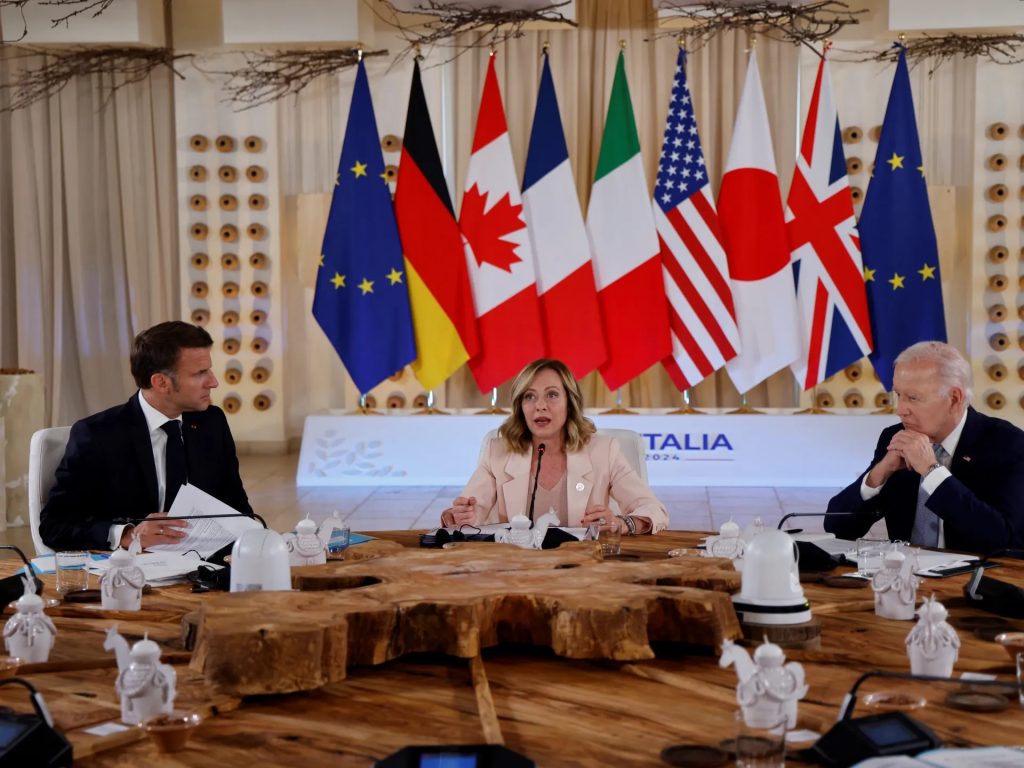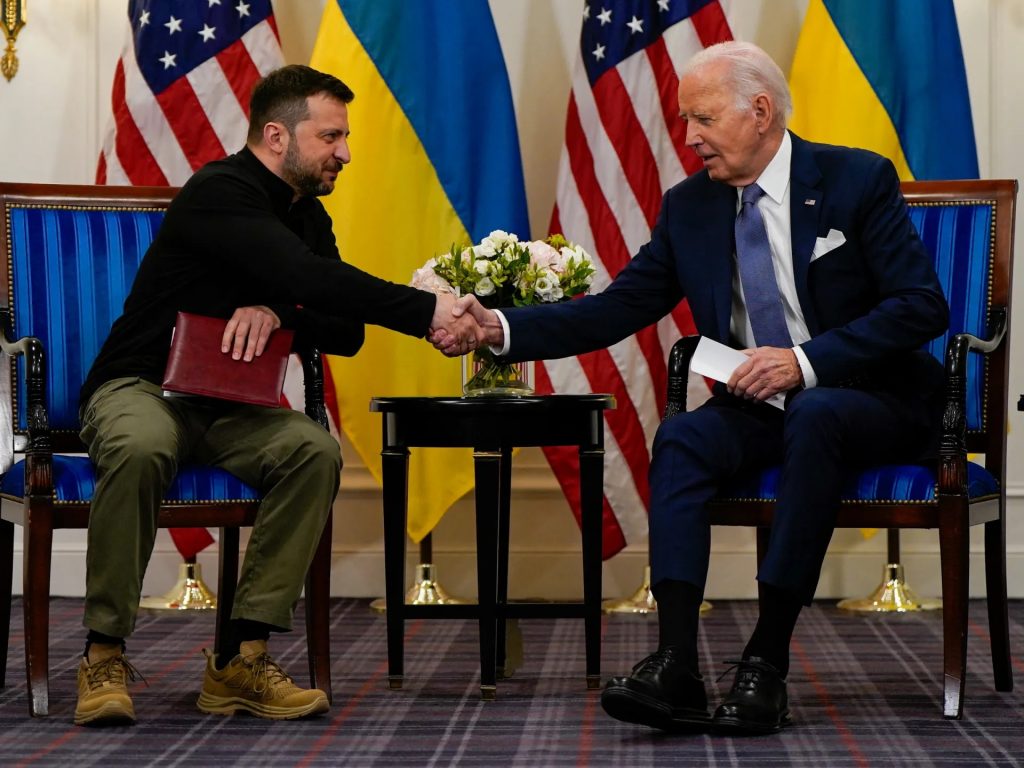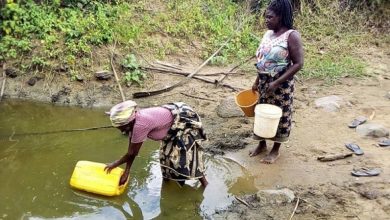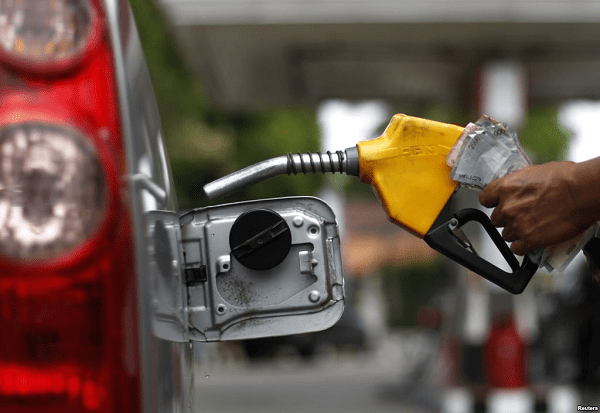G7 leaders agree to use frozen Russian assets to raise $50 billion for Ukraine

At a summit in Italy, all G7 leaders agreed to utilize frozen Russian assets to raise $50 billion (£39 billion) to support Ukraine in its fight against Russian forces, officials reported.
UK Prime Minister Rishi Sunak called the agreement a “game-changing” deal, while German Chancellor Olaf Scholz described it as a “historic step.” An official announcement is expected soon.
The frozen Russian assets, amounting to $325 billion, were seized by the world’s wealthiest nations, alongside the EU, following Russia’s full-scale invasion of Ukraine in 2022.
Russia has condemned the move as “theft” and has threatened retaliation.
US President Joe Biden and Ukrainian President Volodymyr Zelensky, who is attending the G7 summit in Puglia, southern Italy, are anticipated to hold a joint press conference shortly.
The G7 nations, which include Canada, France, Germany, Italy, Japan, the UK, and the US, have been key financial and military supporters of Ukraine.
On the sidelines of the summit, Chancellor Scholz remarked that the agreed loan sends a clear message to Russian President Vladimir Putin that he cannot simply ignore the situation.
Scholz emphasized that the foundation has been laid for Ukraine to acquire necessary weapons and make investments in reconstruction and energy infrastructure.
European Commission President Ursula von der Leyen noted that all G7 countries are contributing to the loan, using windfall profits from immobilized Russian assets in Europe.
She mentioned that the details are currently being finalized.

Prime Minister Sunak expressed optimism about the deal, stating, “It’s very positive to see it close to the finish line.
It will make an enormous difference and demonstrates the G7’s unity in doing everything it can to defend itself against Russian aggression.”
Most of the Central Bank of Russia’s assets are held in Belgium. Although international law prevents countries from confiscating these assets and giving them to Ukraine, the frozen assets generate about $3 billion in interest annually.
The plan involves using this interest creatively by taking out a loan on international markets, giving approximately $50 billion to Ukraine, and using the $3 billion in interest to pay off the loan each year.
Russian Foreign Ministry spokeswoman Maria Zakharova warned of “painful” retaliatory measures in response to this decision.
Source-BBC





